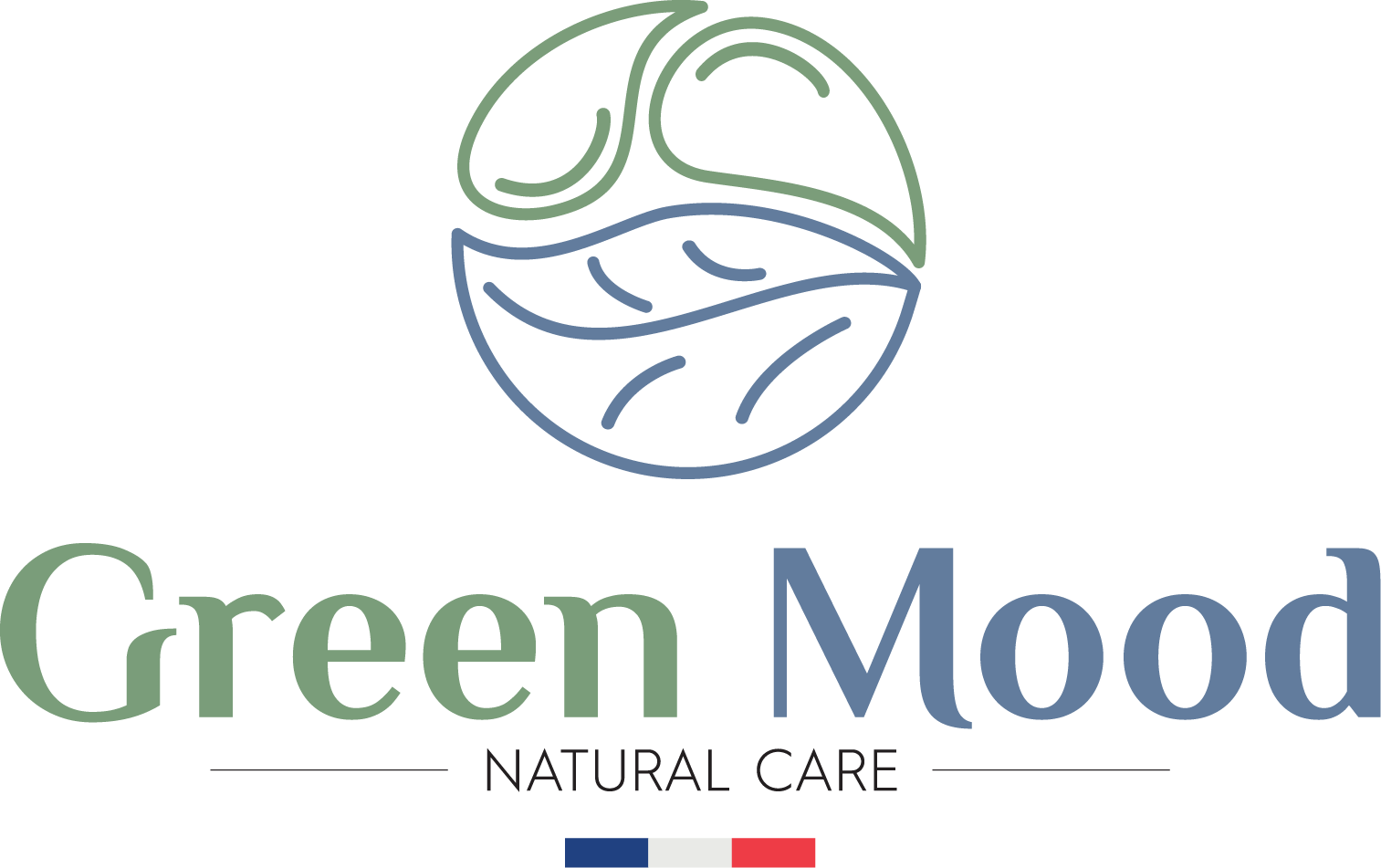Like most people, you might have mentally associated the smell of conventional cleaning products with the idea that your house is clean. For example, when you smell bleach, your brain might instantly associate it with a clean and fresh bathroom. Well, we are sorry to be the ones to tell you that those conventional cleaning products you like so much might not be as good & clean as their labels would like you to believe. Indeed, most of them are still, up to this day, made with toxic ingredients that have huge impacts on your health & wellbeing and the ones of your family and our planet.
Many toxic ingredients found in conventional cleaning products fall into these categories:
- Carcinogens – meaning that it can cause or promote cancer.
- Endocrine disruptors – meaning that it mimics human hormones and causes false signals within the body. All of that can lead to issues such as infertility, premature puberty, miscarriage, menstrual issues, ADHD and even cancer.
- Neurotoxins – meaning that it affects brain activity and cause issues such as headaches and memory loss.
Although there are many toxic ingredients that we could talk about, we have round up a list of 5 ingredients that we think you should avoid at all cost.
Bleach
Sodium Hypochlorite, also known as bleach, is probably one of the most popular chemical and a lot of people still use it daily as it can be used for many purposes. Indeed, it is often used as a disinfectant or to sanitize & clean the house. The main problem with bleach is that it is a very corrosive substance and it can easily harm the respiratory system (particularly to those who have allergies, asthma & other respiratory conditions), irritate the skin & eyes.
Just try to dispose of bleach in your garden and you will see that it can destroy plants and kill animals which is not a good sign and should alarm you.
Using bleach on very rare occasions might not be harmful for you or your family (it definitely is harmful to the planet though) but you need to make sure you are using it in a well-ventilated place and in small doses. Also, please keep away from children as their respiratory system is still maturing.
Quaternary Ammonium Compounds (AKA Quats)
Quaternary Ammonium Compounds are strong disinfectants that you can easily find in disinfectant (wipes or sprays) or any household cleaner as it kills bacteria and viruses. People love them for that, especially during the pandemic. Though, you have to remember that if they are extra rough on viruses and bacteria it also means that they are harsh on your skin.
Even if we are always happy about cleaning our house and making sure it is safe for our family, we don’t think that killing every bacteria, viruses or microbes in our house is the way to go (except if you have a specific illness that forces you to live in a perfectly sterilized house). Finally, Quats could be associated with allergies, asthma, fertility issues & birth defects.
To avoid quats, you can use cleaning products that are NOT “antibacterial” and avoid ingredients called: Alkyl dimethyl benzyl ammonium chlorides (C12-16) / Alkyl dimethyl benzyl ammonium chloride (C14 60%, C16 30%, C12 5%, C18 5%) / Alkyl dimethyl ethylbenzyl ammonium chloride (C12-14) / Alkyl dimethyl ethylbenzyl ammonium chlorides (C12-18) / Benzalkonium chloride / Benzethonium chloride / Didecyldimethylammonium chloride / Dioctyldimethylammonium chloride.
Phthalates
Phthalates are a group of chemicals used to make plastics more durable. But some phthalates are used to help dissolve other materials which is why they are perfect in detergents and cleaning supplies.
Phthalates are endocrine-disrupting chemicals that are very detrimental to reproductive, neurological and developmental systems of humans. It has been linked to cause problems to the kidneys and lungs. It can be found in more that 75% of products with fragrances (will talk about fragrance in a minute) which you can imagine means it is present in a lot of conventional products.
Ammonia
Ammonia is a very corrosive chemical that is often used in glass cleaners as it gives it the streak-free shine effect people love so much. But as it is very corrosive it means that it is very irritating to the body. It usually irritates the throat, eyes, nose and even causes coughing. In the long term, exposure to ammonia may cause chronic irritation of the respiratory system leading to chronic cough, asthma and even lung fibrosis.
Fragrances
Let’s admit it, we love when we go back home and it smells like lavender, pink fruit or even mint. This is why a lot of people prefer to use conventional cleaning products as they are used to the delicious smells that come with them. And they often light some candles and use air fresheners so they can keep that smell long after cleaning.
So why should you stay away from any product that lists “fragrance” as an ingredient? First of all, let’s be clear, fragrances are considered a trade secret ingredient. This means that manufactures aren’t required to provide what the “fragrance” is made of. Indeed, to make fragrances, hundreds of ingredients are used to create the scent you love so much & manufactures don’t have to write them on labels. If this does not discourage you from buying products that contain fragrances, let us tell you that fragrances are usually made of chemicals that can pass through the skin and enter the blood stream. Also, fragrances are often classified as carcinogens, hormone disruptors & neurotoxins… Finally, let us remind you that fragrances don’t make the cleaning products more efficient.

